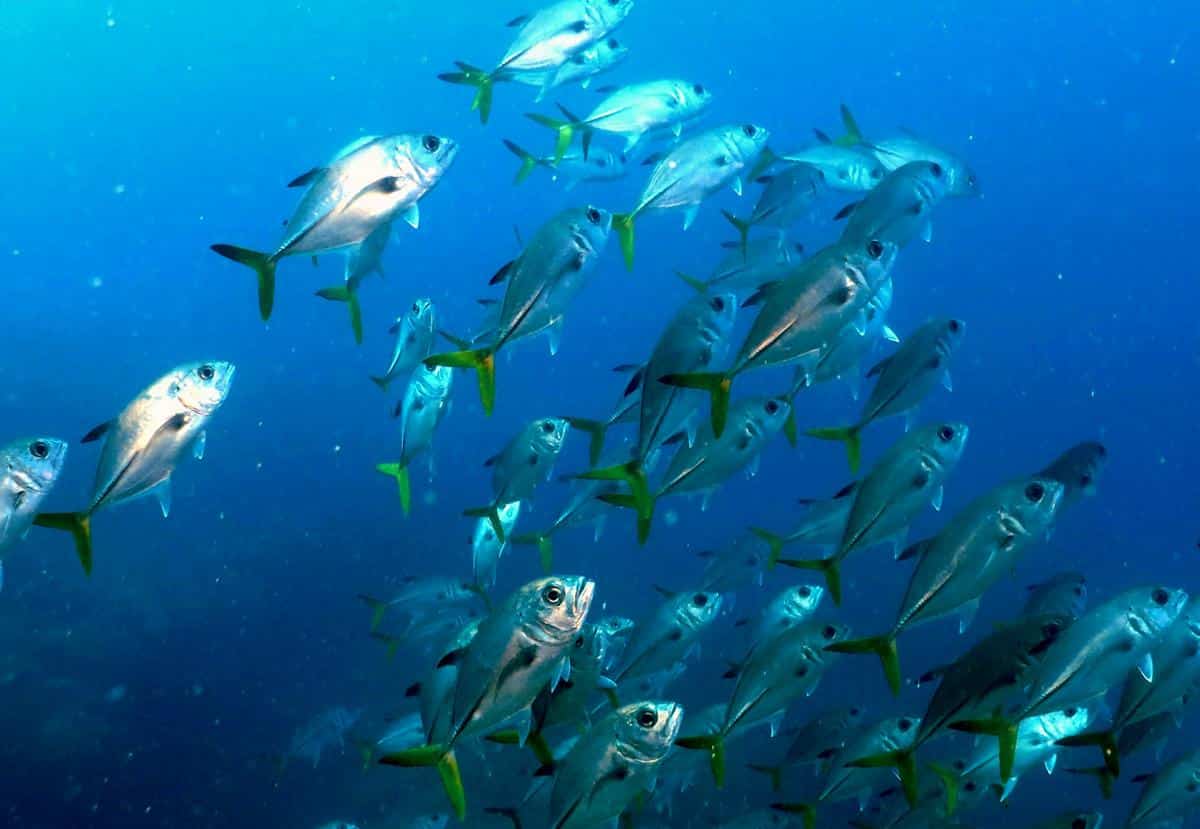Marine Biodiversity Treaty Preparatory Commission Advances Discussions

The Preparatory Commission for a groundbreaking treaty on marine biodiversity is currently in session in New York, focusing on the establishment of subsidiary bodies and the operational modalities of a Clearing-House Mechanism. The treaty, adopted on June 19, 2023, aims to conserve and sustainably use marine biological diversity in areas beyond national jurisdiction. As discussions unfold, delegates emphasize the importance of gender balance and equitable geographic representation in the treaty’s implementation, while also calling for urgent action to ensure its ratification by at least 60 countries by 2025.
Progress on Subsidiary Bodies
During its ongoing session, the Commission has made significant strides in discussing the various subsidiary bodies outlined in the treaty. After addressing the Scientific and Technical Body and the finance committee, the focus shifted to three remaining bodies: the Capacity-Building and Transfer of Marine Technology Committee, the Access and Benefit-Sharing Committee, and the Implementation and Compliance Committee. Delegates from various nations have voiced their opinions on the structure and functions of these committees, highlighting the need for comprehensive guidelines and frameworks that cater to the unique needs of small island developing states and other vulnerable nations.
The representative from Palau, speaking on behalf of the Alliance of Small Island States, stressed the necessity of developing needs-assessment guidelines for the Capacity-Building Committee. This committee is expected to collaborate with the UN Division for Ocean Affairs and the Law of the Sea to draft these guidelines, ensuring they align with existing frameworks from relevant organizations. Additionally, the representative from Saint Lucia, representing CARICOM, emphasized the importance of evaluating the support provided to developing states and identifying gaps in meeting their needs. The envisioned committee will consist of 21 members, ensuring diverse representation from various regions and categories of countries.
Access and Benefit-Sharing Committee Discussions
The Access and Benefit-Sharing Committee has also been a focal point of discussion, with delegates advocating for the establishment of an ad hoc committee of experts to address specific issues as they arise. The representative from Barbados highlighted the importance of including early-career ocean professionals in the committee’s membership, which should be composed of 15 members. This composition aims to ensure gender balance and representation from small island developing states, least developed countries, and landlocked developing countries.
The Cook Islands’ delegate underscored the need for the committee’s work to reflect the unique circumstances of Pacific small island developing states. She called for flexibility in the committee’s rules of procedure and emphasized the importance of transparency in decision-making processes. Canada’s representative supported the idea of an ad hoc panel of experts, advocating for the inclusion of Indigenous Peoples organizations to ensure their knowledge is integrated into the committee’s work. Colombia’s representative also stressed the need for guidelines on the equitable sharing of benefits, drawing lessons from existing frameworks like the Nagoya Protocol.
Implementation and Compliance Committee Objectives
The Implementation and Compliance Committee is expected to play a crucial role in facilitating treaty adherence among member states. Several delegates have emphasized that this committee should operate in a non-punitive and transparent manner. The representatives from the Russian Federation and Iran highlighted the importance of maintaining a non-political stance while ensuring that all parties to the UN Convention on the Law of the Sea can participate as observers.
The representative from Côte d’Ivoire, speaking for the African Group, proposed that the committee focus on identifying systemic issues related to treaty implementation and assist states in overcoming compliance barriers. She suggested that the committee publish annual reports on implementation trends and maintain a repository of best practices to promote peer learning. The European Union’s representative noted the importance of equitable representation from different UN regional groups and suggested that the committee’s membership should be limited to enhance its effectiveness.
Operationalizing the Clearing-House Mechanism
In the afternoon session, the Commission resumed discussions on the modalities for the Clearing-House Mechanism established by the treaty. Samoa’s delegate proposed a phased approach to the design and operationalization of the mechanism, suggesting that not all functions need to be implemented immediately. This incremental strategy could help clarify the mechanism’s roles and its connections to the treaty’s various pillars.
The representative from Mexico echoed this sentiment, advocating for a flowchart that illustrates the links between the Clearing-House Mechanism, the treaty’s secretariat, and its subsidiary bodies. The Bahamas’ representative emphasized the need for employing experts with experience in similar mechanisms to guide the operationalization process. These experts could provide insights on utilizing technology and artificial intelligence effectively while ensuring data security and incorporating traditional knowledge. As discussions continue, the focus remains on creating a robust framework that supports the treaty’s objectives and facilitates global cooperation in marine biodiversity conservation.
Observer Voice is the one stop site for National, International news, Sports, Editor’s Choice, Art/culture contents, Quotes and much more. We also cover historical contents. Historical contents includes World History, Indian History, and what happened today. The website also covers Entertainment across the India and World.
Follow Us on Twitter, Instagram, Facebook, & LinkedIn

